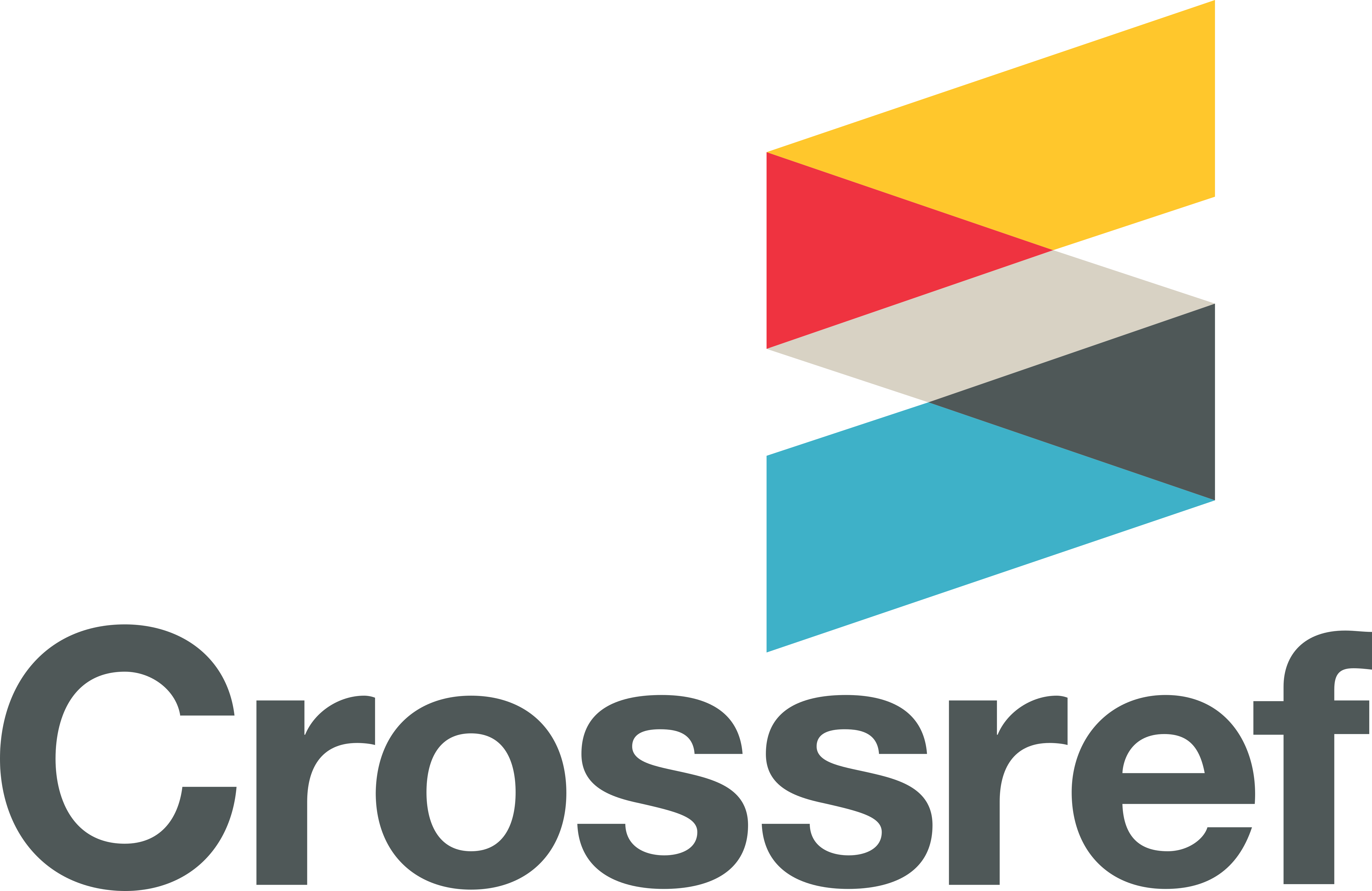THE EFFECTIVENESS OF USING HUMOUR STORIES TO IMPROVE THE READING SKILL OF SEVENTH GRADERS
DOI:
https://doi.org/10.53947/tspj.v1i3.88Keywords:
Humour, Reading, Short storyAbstract
The study aimed to find out the use of The Humour Stories to improve the students' reading skills. The subject of this study was the seventh grade of An Nuriyah Islamic Junior High School 22 Jagakarsa in the academic year of 2018/2019, consisting of 25 students. The method of this study was a quantitative method with the design of a pre-experimental study. The data from the pre-test and post-test were analyzed statistically. This study showed that the average score of the students in the pre-test was 64.8, while the average score of students in the post-test was 80.4. This research analysis obtained that t-observation (to) of 1.997. Meanwhile, the t-table (tt) is 1.708 with a significant 5% which means that toto is higher than tt. So, the alternative hypothesis (Ha) is accepted, and the null hypothesis (Ho) is rejected (1.997>1.708). It can be concluded that the use of the humor stories of students of An Nuriyah Islamic Junior High School 22 Jagakarsa of 7th-grade students enhanced reading skills.
References
Amanda, D. (2010). Implikatur Tindak Tutur Pada Humor Abang Jampang di Harian SIP. Jurnal Tata Bahasa.
Anderson, M., & Anderson, K. (1997). Text Types in English. Volume 1. Macmillan Education Australia.
Blanton, W. E., Wood, K. D., & Moorman, G. B. (1990). The Role of Purpose in Reading Instruction. The Reading Teacher, 43(7), 486–493.
Creswell, J. W. (2012). Educational research: Planning, conducting, and evaluating quantitative and qualitative research. In Educ. Res. https://doi.org/10.1017/CBO9781107415324.004 DOI: https://doi.org/10.1017/CBO9781107415324.004
Harmer, J. (2007). How to Teach English (Second Edition). ELT J., 62(3), 313–316. https://doi.org/10.1093/elt/ccn029 DOI: https://doi.org/10.1093/elt/ccn029
Hayati, A., Shooshtari, Z., & Shakeri, N. (2011). Using Humorous Texts in Improving Reading Comprehension of EFL Learners. ACADEMY PUBLISHER Manufactured in Finland, 1, 652–661. https://doi.org/10.4304/tpls.1.6.652-661 DOI: https://doi.org/10.4304/tpls.1.6.652-661
Klarer, M. (2013). An introduction to Literary Studies. Routledge. DOI: https://doi.org/10.4324/9780203068915
Marchand-Martella, N., Martella, R. C., Paulsen, G., & SRA/McGraw-Hill. (2010). Read to achieve: Comprehending narrative text. SRA McGraw-Hill.
Motlagh, F. G., Motallebzade, K., & Fatemi, M. A. (2014). On the Effects of Teacher’s Sense of Humor on Iranian’s EFL Learners’ Reading Comprehension Ability. International Journal of Applied Linguistics and English Literature, 3(4), 1–5. https://doi.org/10.7575/aiac.ijalel.v.3n.4p.1 DOI: https://doi.org/10.7575/aiac.ijalel.v.3n.4p.1
Muijs, D. (2012). Doing quantitative research in education with spss. SAGE Publications Ltd. https://rbdigital.rbdigital.com DOI: https://doi.org/10.4135/9781849203241
Pang, E. S., Muaka, A., Bernhardt, E. B., & Kamil, M. L. (2003). Teaching Reading. Educational Practices Series. IBE, Publications Unit, P. https://eric.ed.gov/?id=ED481186
Patel, M. F., & Jain, P. M. (2008). English language teaching: (Methods, tools & techniques). Sunrise Publishers & Distributors. http://site.ebrary.com/id/10417558
Rayner, K., Foorman, B. R., Perfetti, C. A., Pesetsky, D., & Seidenberg, M. S. (2001). How Psychological Science Informs the Teaching of Reading. Psychological Science in the Public Interest, 2(2), 31–74. https://doi.org/10.1111/1529-1006.00004 DOI: https://doi.org/10.1111/1529-1006.00004
Setiawan, A. (1990). Teori Humor. Majalah Astaga, 3(3), 34–35.
Spratt, M., Pulverness, A., & Williams, M. (2008). The TKT Course.
Sujoko. (1982). Perilaku Manusia dalam Humor. Karya Pustaka.
Suradika, A., Winata, W., Wicaksono, D., Hadi, M. S., & Rifqiyati. (2020). The Influence of Instructional Materials and Educational Background on the Learning Outcomes of Islamic Education. Solid State Technol., 63(6), 1027–1043.
Wallace, C. (1992). Reading. Oxford University Press.
Downloads
Published
How to Cite
License
Copyright (c) 2022 The Social Perspective Journal

This work is licensed under a Creative Commons Attribution-ShareAlike 4.0 International License.










